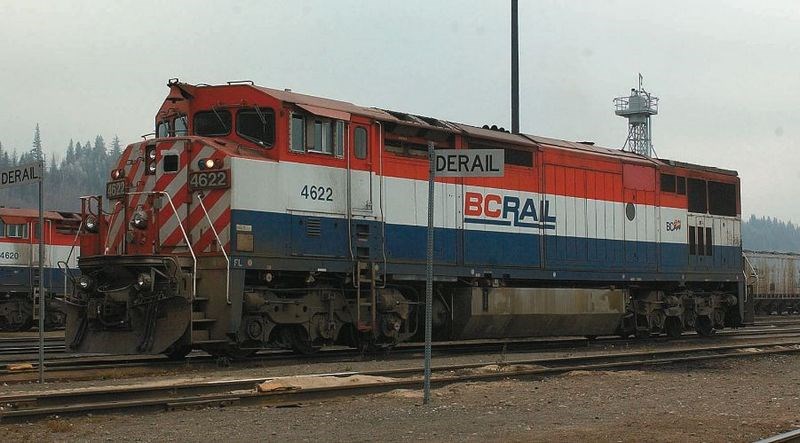The sudden end to a political corruption trial of three former B.C. government employees involving the $1-billion sale of B.C. Rail to CN comes as no surprise to one of the key Prince George organizers that fought the sale in 2003.
"I figured that would happen," said Prince George businessman Ron East, who was one of the organizers of Prince George Committee to Save B.C. Rail, arguing there was not much interest from many parties for the trial to proceed.
East said he would like to see a public inquiry called into the sale of B.C. Rail.
In a sudden move, former political aides Dave Basi and Bobby Virk pled guilty to lesser charges in the trial which has been scheduled to run until the spring of next year.
Bask and Virk pleaded guilty to four counts linked to breach of trust and accepting rewards or benefits.
Charges have been stayed against Basi's cousin, Aneal Basi, who was accused of money laundering.
The fight in Prince George to prevent the sale of B.C. Rail was based, in part, on Premier Gordon Campbell's promise not to sell the railway.
The B.C. Liberal government has argued they have not sold the railway, as they retained ownership of the track and rail bed. However, critics noted the deal included a lease that runs nearly 1,000 years, which amounts to the same thing as a sale.
East said the information coming out of the court proceedings has surprised him, particularly at how wide the negative activity has been. "Why did they do these things in that manner, when they could just do it straight up?" he questioned.
During the controversial sale, the Prince George Committee to Save B.C Rail - a coalition of business, political and labour representatives - argued there was no need to sell a profitable B.C. Rail, as there would be massive jobs losses and loss of control of a railway that's been in public hands since 1915.
The B.C. government argued that a private operator needed to be brought in to operate B.C. Rail because it was debt-ridden and didn't provide adequate service.
With Canadian Press.
For full coverage of the sudden end of the trial, see page 7.



